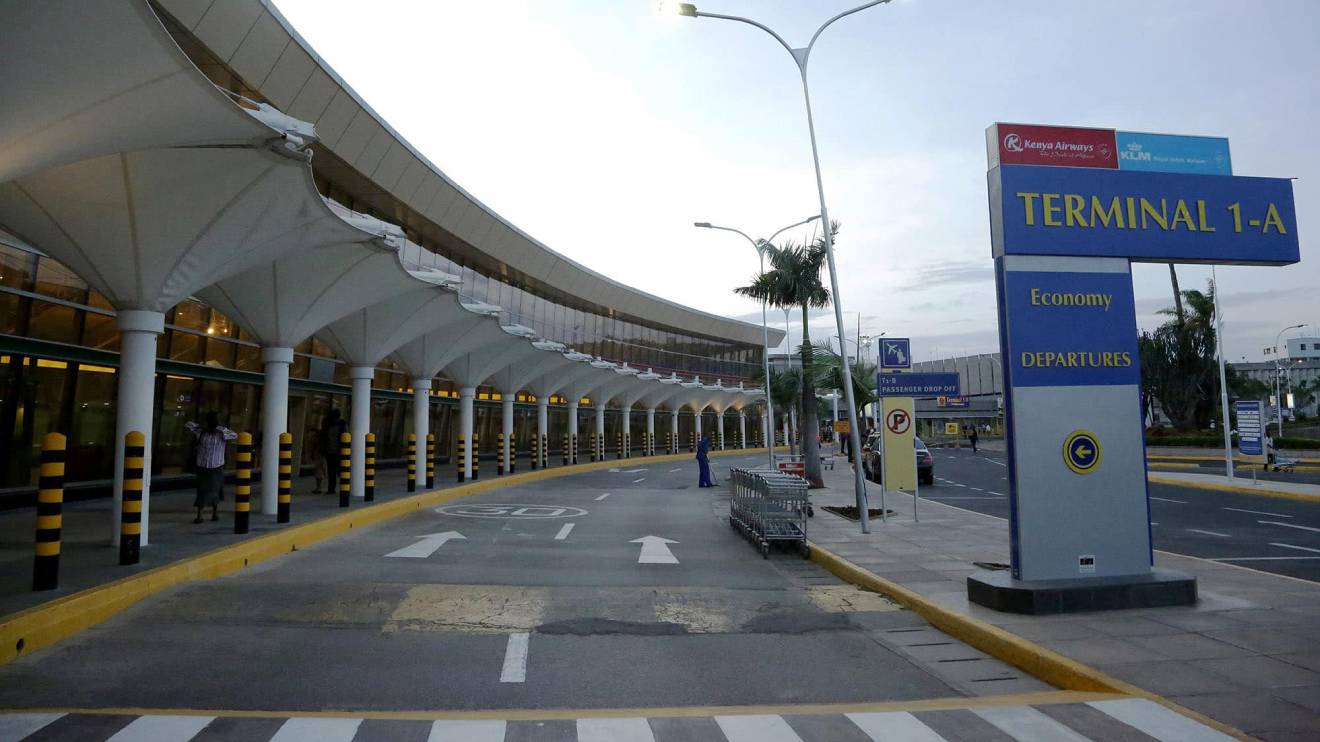Thousands of families in Kirinyaga County have received a lifeline in the fight against deforestation and indoor air pollution after Governor Anne Waiguru distributed 5,800 free meko gas cookers on Thursday.
The handover, which took place at Kamiigua Grounds in Kutus, is part of a wider plan aimed at transitioning communities from reliance on firewood and charcoal to cleaner energy alternatives.
Governor Waiguru said the initiative forms part of her administration’s climate action strategy under the Financing Locally-Led Climate Action (FLLoCA) Programme.
“Climate change continues to pose serious challenges to our communities, but we are taking bold steps to empower our people to enhance adaptation and promote sustainable growth,” Waiguru said.
According to the governor, this shift to clean energy could help the county save over 500 mature trees annually and significantly reduce exposure to harmful indoor smoke.
Read More
“By shifting to clean cooking, we are effectively saving over 500 mature trees per year and saving our women and children from prolonged exposure to smoke that poses health problems,” she noted.
The distribution of gas cookers builds on similar efforts last year, when the county gave out 600 gas cylinders to families living near Mt. Kenya.
Waiguru disclosed plans to roll out a clean cooking programme at Kibingoti Polytechnic, where women’s groups will be trained in making energy-saving jikos.
Beyond clean cooking, the governor unveiled other community support measures designed to strengthen climate resilience. T
wenty community groups received 10,000-litre water tanks to help harvest rainwater for kitchen gardens, aimed at improving food security and nutrition.
To address waste management, 26 garbage skips and a skip loader truck were handed over to enhance sanitation in markets and trading centres.
Waiguru explained that the county is setting up a Material Recovery Facility for waste sorting and recycling, which she said would promote environmental cleanliness and create job opportunities.
Efforts to boost agriculture also featured prominently at the event.
The county provided dam liners to 60 farmers for fish farming and irrigation, and handed over a fish feed production machine to help lower the cost of quality feeds.
Additionally, farmers are set to benefit from the distribution of macadamia and avocado seedlings to 20,000 households in the upcoming rainy season to promote agroforestry and increase farmer incomes.
The governor noted that the county is supporting irrigation projects, including the Inua Jamii Rupingazi Water Project, which will supply clean water to 500 households in Njukiini and Murinduko, and the Rukenya Irrigation Water Project, where pipes have been provided to reduce dependency on rain-fed farming.
At the same function, 17 community self-help groups received tents and chairs, while one was given a public address system to support their social and economic activities.
Kirima Dairy Cooperative Society, with 6,400 members, benefited from various chemicals and testing equipment to help maintain milk quality.
Waiguru highlighted the broader impact of her administration’s projects, citing the upgrading of health facilities, the paving of major market centres using canrp, and support for farmers in production and value addition.
She also pointed to the upcoming Sagana Industrial City as a key part of the county’s agro-industrial value chain.
Local leaders who attended the event expressed their support for the governor’s programmes.
The county assembly, led by Speaker Murimi Mutemi, praised the initiatives and pledged to work closely with the executive to ensure effective delivery of services while Kabare Ward MCA Dr Isaac Mbogo said Waiguru had honoured her promise to uplift the lives of county residents.

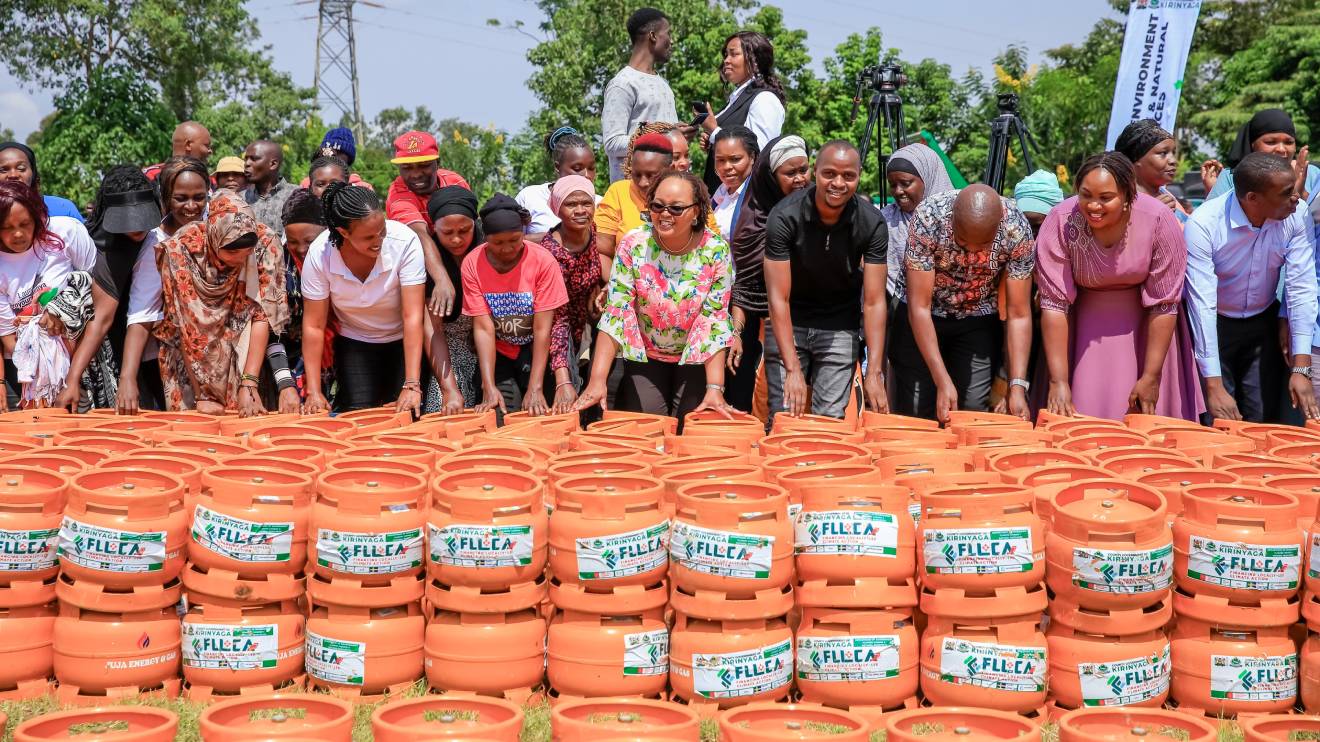
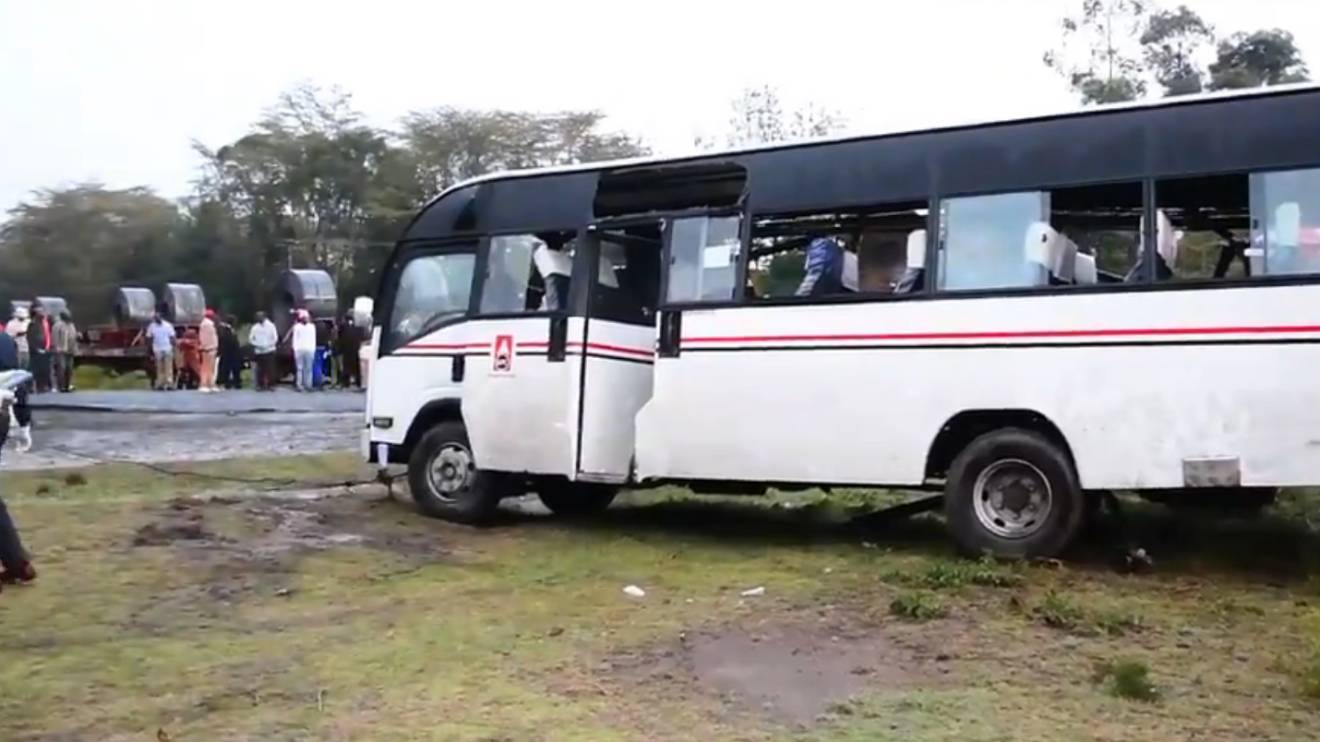
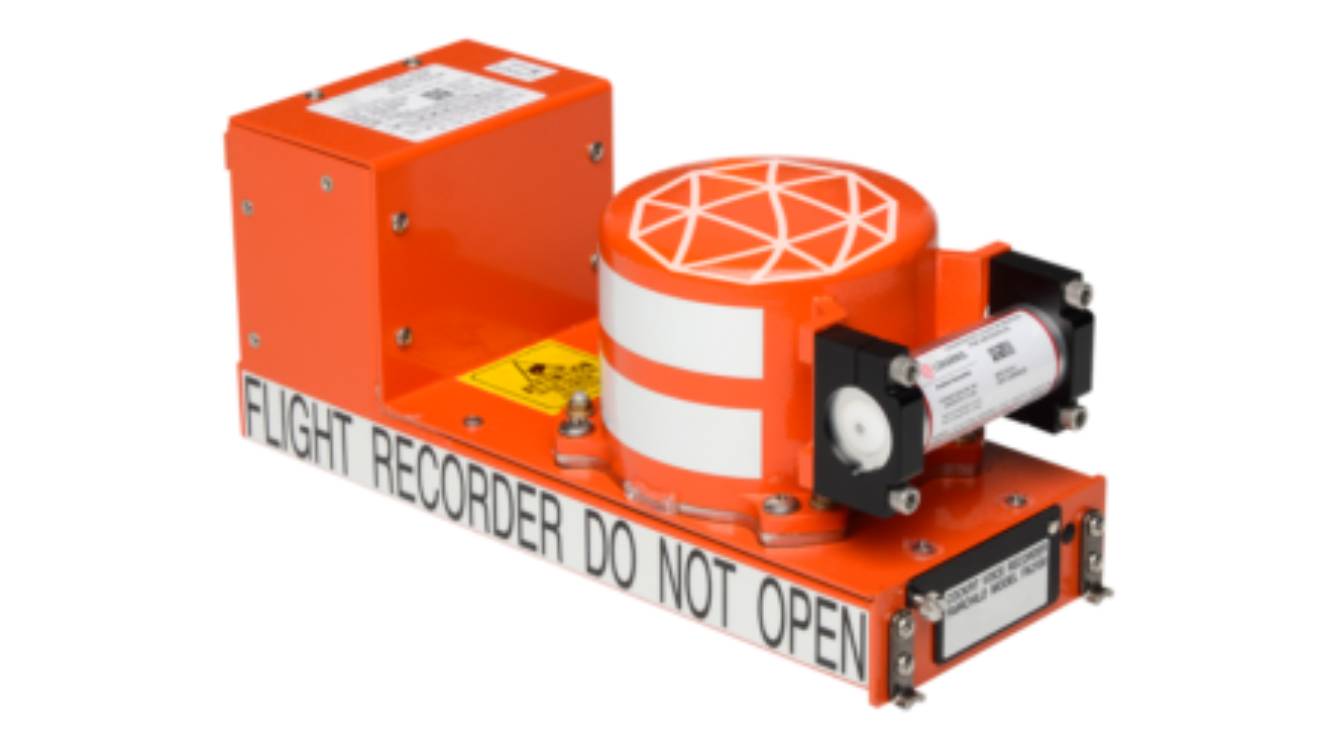

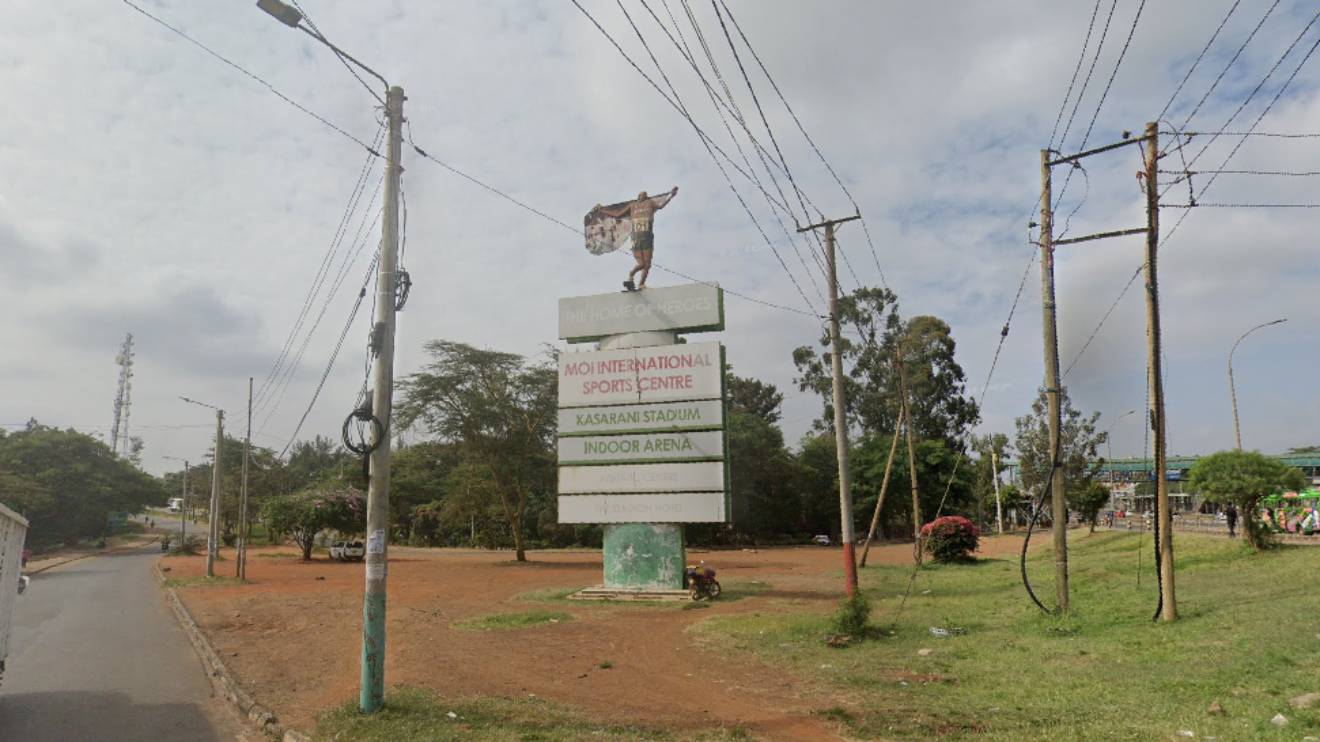
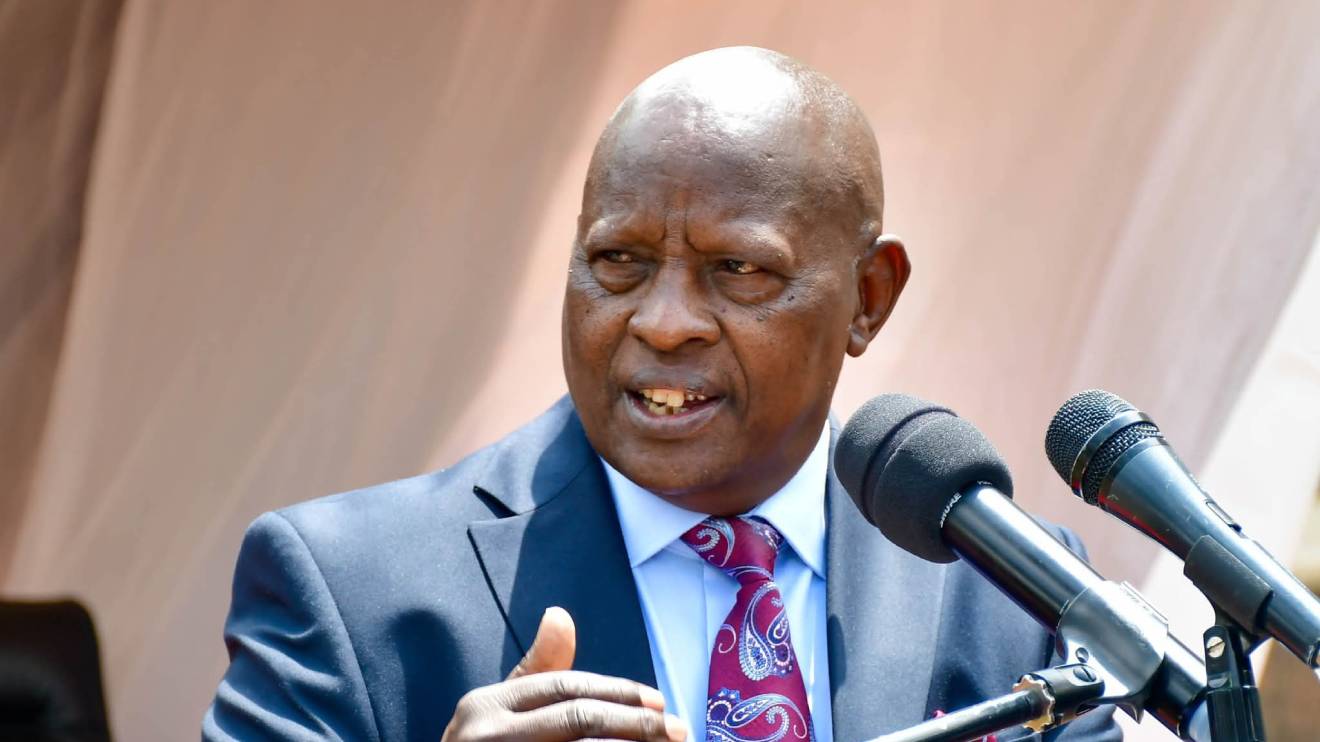

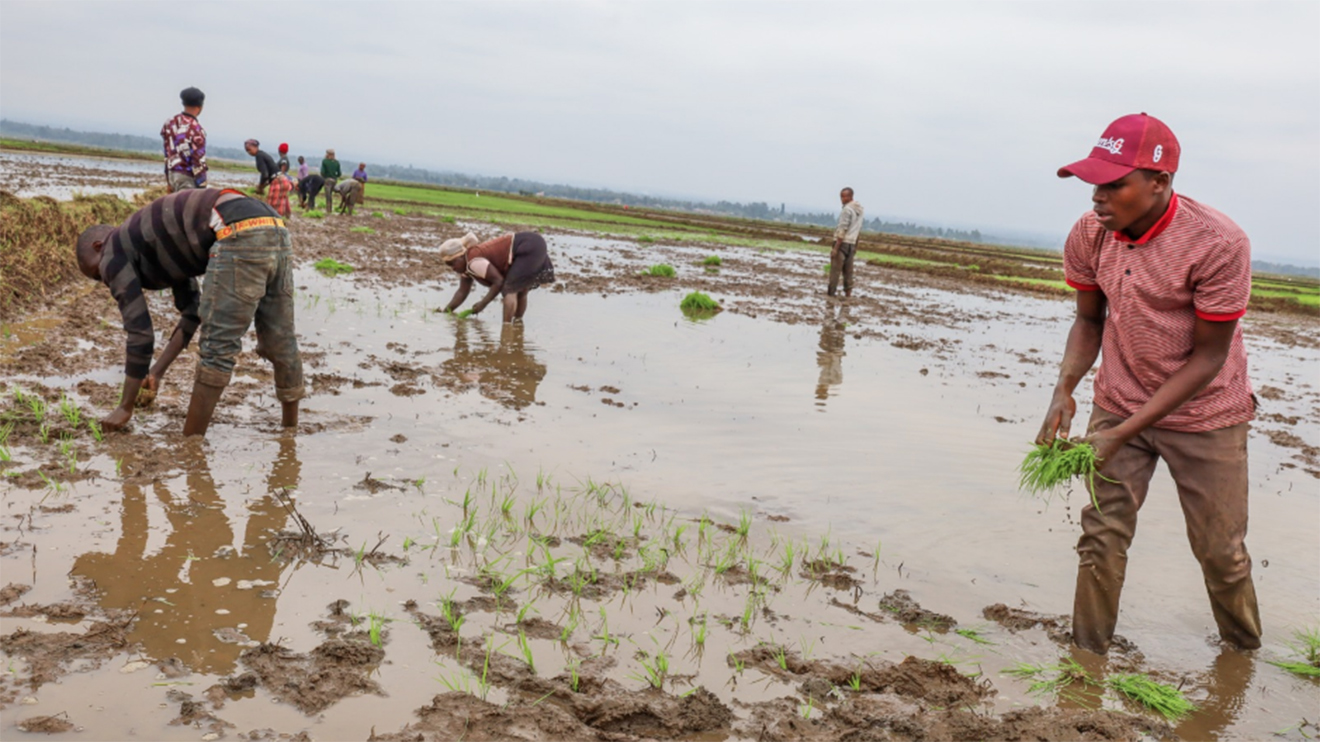
-1754923876.jpg)
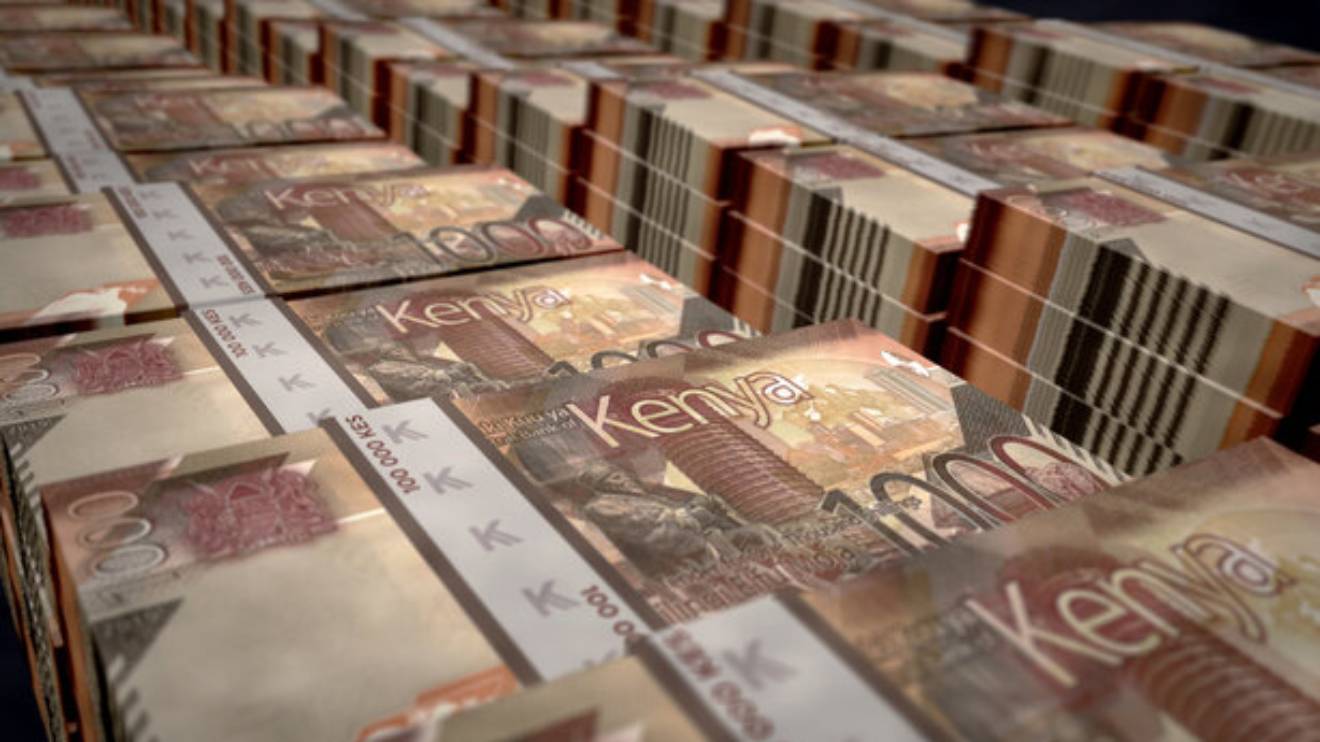
-1754919808.jpg)
